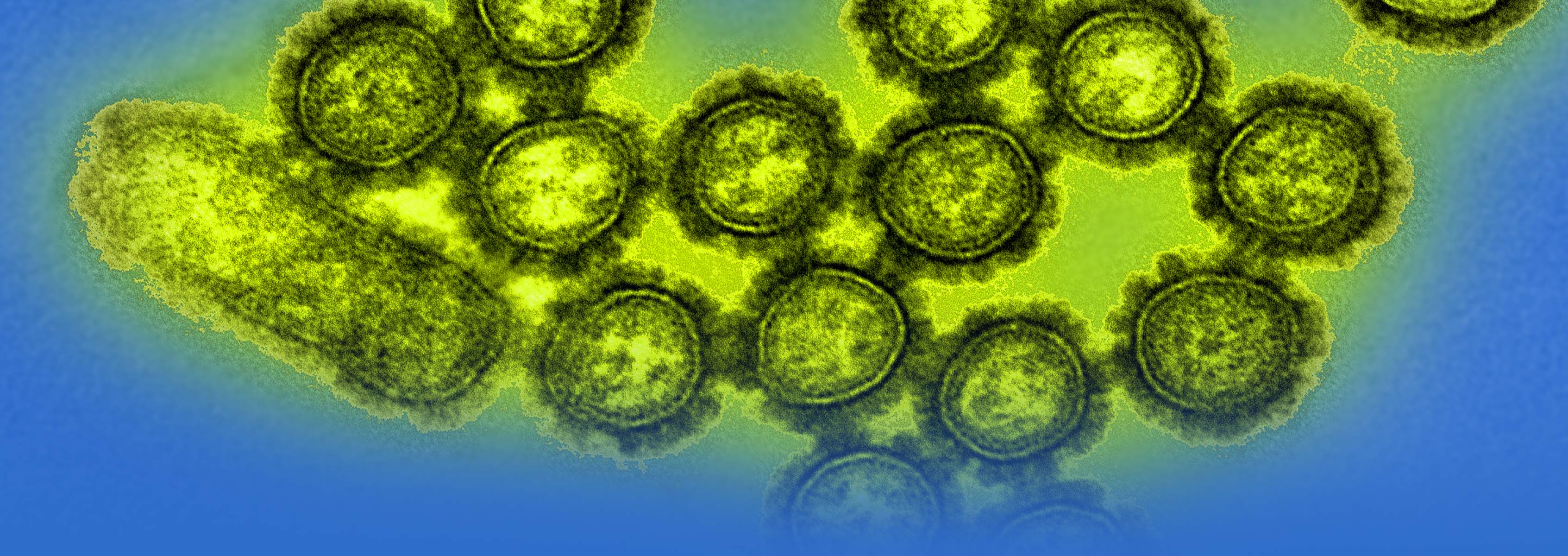Molecular and Microbiome Hallmarks of Acquired Immunity to Malaria

Progress towards the development of highly effective vaccines for malaria has been frustratingly slow, but a distinctive bright spot for malaria vaccine and immunology researchers is the availability of human experimental models of P. falciparum-infection and malaria immunity. Remarkably, investigators at the Radboud University Nijmegen Medical Centre (RUNMC) in The Netherlands have shown that long-term sterile immunity (at least 28 months) to experimental P. falciparum-infection can be induced by exposing malaria-naïve volunteers to the bites of 15 P. falciparum-infected mosquitoes monthly for three months while on chloroquine prophylaxis (CPS immunization). Recent advances in high-throughput molecular and cellular profiling tools, particularly genome-wide transcriptomic analysis, offer the potential for unprecedented insights into the mechanisms underlying the acquisition of immunity. We are currently carrying out genome-wide transcriptomic analysis of a cohort undergoing experimental P. falciparum-infection to identify transcriptional ‘signatures’ of CPS efficacy. We are also comparing these signatures to those obtained during the acquisition of natural malaria immunity in an endemic area in Mali. Owing to the differential rate of acquiring immunity to malaria after experimental and natural P. falciparum-infection, this information could provide critical insights into development strategies for novel malaria vaccines.
Although host genetic factors are thought to account for approximately 25% of the variability in malaria incidence, few genomic variants have been shown consistently to contribute, and these have a relatively small effect. Despite this, polymorphisms in HLA genes have been shown repeatedly to be associated with susceptibility to malaria, or subcategories of the disease. We are applying new sequencing technologies to a well-characterized cohort from a long-term study of natural immunity to malaria in Mali. We hypothesized that this strategy will reveal relationships between class I and II HLA molecules and malaria risk. The data from this study will provide essential information for the development of valuable immunological tools, such as HLA tetramers to track P. falciparum-specific T-cell responses.
Complementing the investigations above, we are carrying out a longitudinal study on the gut microbiota of a cohort of approximately 100 individuals 3-11 years of age from Kalifabougou, Mali, to test the hypothesis that the composition of the human gut microbiome is associated with the quality of P. falciparum-induced host immune responses, the risk and severity of malarial episodes, and/or drugs used to treat the disease. The composition of the gut microbiota has been shown to influence both local and systemic immune responses. However, it is currently unknown if the human gut microbiome protects against episodes of clinical malaria or it is affected by the antimalarial drugs that are commonly used for treatment (e.g. artemisinin-based combination therapy). These findings could lead the pathway to novel pre- and probiotic approaches to addressing infections with this parasite and become a model for other infectious disease processes.
Funding
Research reported in this publication was supported by the National Institute Of Allergy And Infectious Diseases of the National Institutes of Health under Award Number U19AI110819. The content is solely the responsibility of the authors and does not necessarily represent the official views of the National Institutes of Health.